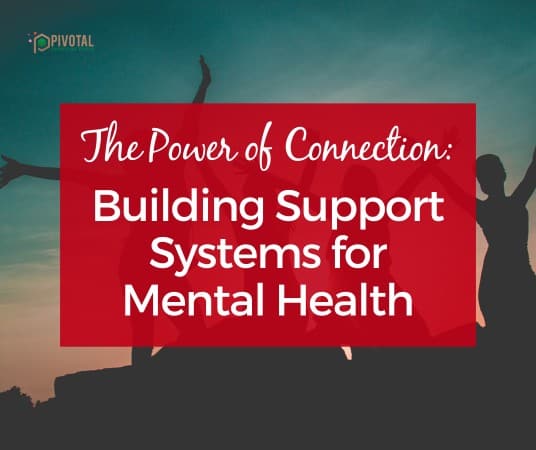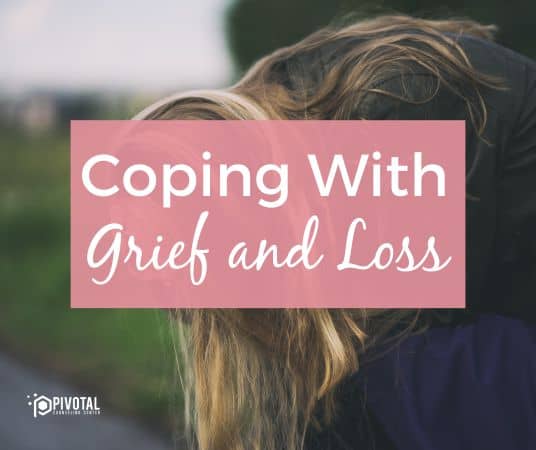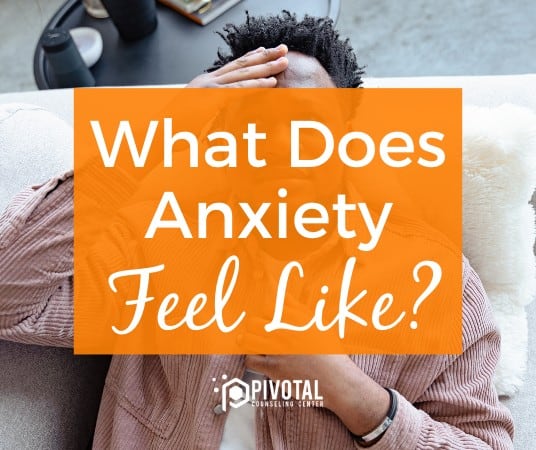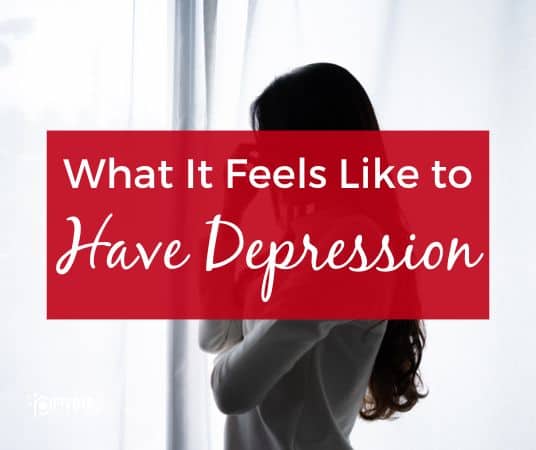
It’s starting to get dark outside earlier. If you are like me, that is the first sign that summer is over. It’s the time of year where every baked good is made out of pumpkin, the leaves start to fall, we turn in our tanks and shorts for our sweaters and jeans, and some of the stores already have holiday decorations for sale. While some people are sipping their apple cider and going for hayrides, others are seeing this as the end of their “good months.”
Winter, riddled with darkness, bad weather, and isolation. Ok, Ok not everyone feels that way, but a person with Seasonal Affective Disorder is contemplating how they are going to feel over the next half of the year. Approximately 4-6% of the population struggles with significant depression that occurs during the winter. Approximately 10-20% of the population struggles with SAD, which is a mild depression. This percentage depends on the specific area you live in. Meaning, it is more likely to occur in areas that have less sunlight in the winter months. (Illinois vs. Florida).What are the symptoms of Seasonal Affective Disorder (SAD)?
The onset of SAD can occur throughout the year, but typically presents with different symptoms.Fall/Winter Onset:
- Cravings for sweet or starchy foods
- Gaining weight
- A heavy feeling in the arms or legs
- Decreased energy level
- Fatigue
- Oversleeping
- Difficulty concentrating
- Irritability
- Avoiding social situations
- Problems getting along with others
Spring/Summer Onset:
- Depression
- Trouble sleeping (insomnia)
- Weight loss
- Poor appetite
- Agitation or anxiety
What are the treatments for Seasonal Affective Disorder (SAD)?
The first thing to consider is light therapy. This is a treatment in which you will purposefully expose yourself to a specific type of light daily. DISCLAIMER: This is not the same as using a tanning bed. You can speak with your doctor about SAD and ask about light therapy. If light therapy is not effective, or you need additional support, then reaching out to a therapist for support is a good option. Additionally, medications that treat depression can be an option.When should you reach out for help?
If you think you may have SAD, then consider looking into light therapy and discussing this with your primary care doctor. It is normal for people to have days when they feel down. It is time to seek help if you feel down for multiple days at a time, are not enjoying things you usually do, notice changes in your appetite or sleep, feel hopeless, think about suicide, or use alcohol or drugs for comfort.Pivotal Counseling Center has therapists who specialize in depression, anxiety, and other mood disorders. We have locations in Woodstock, Illinois, and Lake in the Hills, Illinois. If you are in need of someone to help, please consider giving us a call at (815) 345-3400.









